MOI-TD - India's First AI Lab in Space to Revolutionize Data Processing and Space Research | (Tue 26 Nov 2024 00:09)
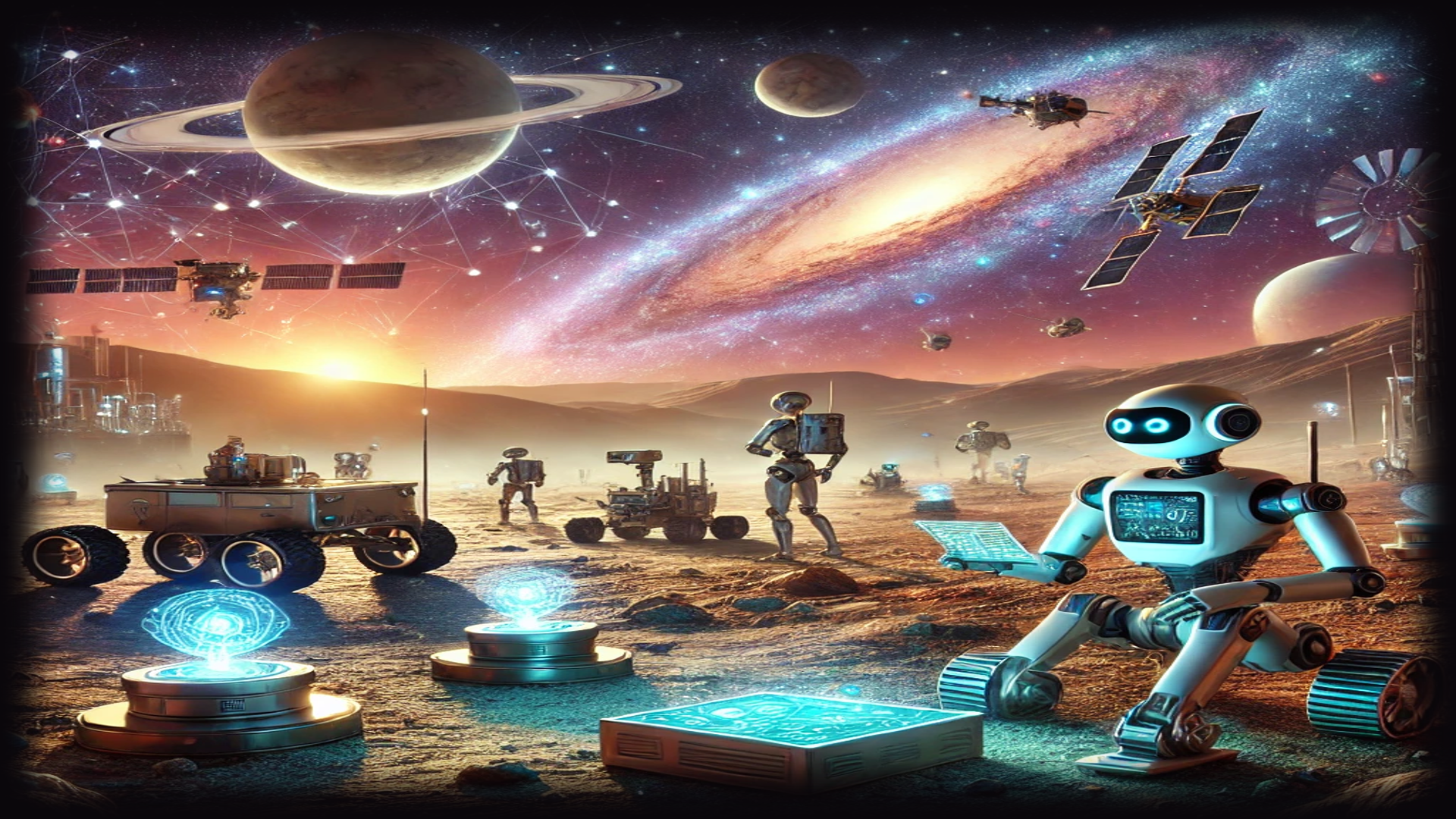
In a groundbreaking move for India's space sector, TakeMe2Space, a Hyderabad-based company, is set to launch MOI-TD, India's first Artificial Intelligence (AI) lab in space. Scheduled for mid-December 2024, this mission will ride aboard the PSLV C60 rocket, developed by the Indian Space Research Organisation (ISRO). The MOI-TD mission aims to revolutionize space research by introducing the concept of processing vast amounts of satellite data directly in space, dramatically reducing the costs and delays that have traditionally plagued satellite operations. This ambitious project promises not only to enhance India's space capabilities but also to make space research more accessible and affordable for the global community.
A Revolutionary Concept: Data Processing in Space
Satellites continuously gather large amounts of data about Earth's atmosphere, oceans, landmasses, and more. However, much of this data is often rendered unusable due to external factors such as cloud cover or sensor limitations. Moreover, transmitting this data back to Earth for processing incurs significant time delays and costs, making it inefficient, especially for time-sensitive tasks like environmental monitoring or disaster management.
MOI-TD, short for Mission of India - Technology Demonstrator, intends to solve this problem by processing data in orbit. This will cut down on transmission delays and reduce the need for expensive ground infrastructure. By performing computations directly on the satellite, the mission will enable real-time data analysis and allow for faster decision-making, crucial in applications like monitoring deforestation, tracking maritime activity, or even detecting greenhouse gas emissions. As satellites generate more and more data in real-time, this ability to process data in space rather than waiting to send it back to Earth could be a game-changer for global space research.
Collaboration with IN-SPACe
The development of MOI-TD has been greatly enhanced by support from IN-SPACe, an Indian government agency tasked with promoting private sector initiatives in space. IN-SPACe provides advanced technical facilities and resources to private companies, encouraging them to innovate and develop new technologies in the space sector. For MOI-TD, IN-SPACe has made its Technical Centre in Ahmedabad available for the development of the satellite. This collaboration ensures that the mission has access to cutting-edge technology, facilities, and expertise, pushing the boundaries of what private Indian companies can achieve in space.
The support from IN-SPACe is a crucial factor in TakeMe2Space’s ability to pursue such a high-risk, high-reward venture. It is part of a broader initiative by the Indian government to foster a thriving private space industry that will not only contribute to India’s space goals but also enhance global cooperation in space research and exploration.
User Engagement via OrbitLab
In a bold move to make space research more interactive, TakeMe2Space has introduced OrbitLab, an online platform that allows users from around the world to interact with MOI-TD in real time. Through OrbitLab, users can upload their own AI models to be processed by the satellite in space. This unique feature opens up the world of space research to a broader audience, enabling not only professional researchers but also students and universities to be part of cutting-edge space technology development.
For example, OrbitLab has already attracted interest from various international partners, including a university in Malaysia and Indian school students, who are eager to use MOI-TD’s computational power for projects like environmental monitoring or tracking deforestation. The ability to run AI models directly in space could unlock new possibilities in scientific research, making it a collaborative space where students and professionals alike can explore space applications across different fields.
Advanced Technologies on Board
At the heart of MOI-TD’s capabilities are several advanced technologies that will ensure its success. One of the most critical components is the integration of AI accelerators—specialized hardware designed to enhance the processing of artificial intelligence tasks. These AI accelerators will be vital for real-time data processing, enabling the satellite to make intelligent decisions while in orbit without needing constant intervention from Earth-based teams.
The satellite also features onboard computing, which supports the high-performance requirements of space-based AI applications. This technology ensures that the satellite can process complex data streams and run sophisticated AI algorithms independently.
Furthermore, MOI-TD is equipped with reaction wheels and magnetorquers, which are used for precise satellite control. These systems help maintain the satellite’s orientation, ensuring that the satellite can stay in the correct position to collect and process data accurately. Flexible solar cells will power the satellite, offering a more efficient and adaptable energy solution, which could be an essential feature for future space missions.
One of the other innovative aspects of MOI-TD is its focus on radiation shielding. The satellite builds on technology tested in previous missions, ensuring that it can protect its delicate electronics from the harsh radiation environment in space.
A Step Toward Space-Based Cloud Computing
Although MOI-TD is primarily focused on Earth observation through real-time data processing, it also sets the stage for the future of space-based computing. The technology demonstrated by this mission is akin to the cloud services we rely on here on Earth, where large-scale data is stored and processed on remote servers. Space-based computing could one day lead to the establishment of data centers in space, potentially offering long-term savings on the cost of data transmission and storage.
While current space-based data systems are more expensive than their Earth-based counterparts, they promise significant environmental benefits and long-term savings. Establishing infrastructure for space-based data processing could pave the way for sustainable and efficient space exploration, enabling future missions to perform tasks that are currently not feasible due to data processing and storage limitations.
Looking Ahead
With MOI-TD, TakeMe2Space and its collaborators are setting the stage for a future where AI, cloud computing, and space exploration are seamlessly integrated. The mission not only advances India’s position in the global space industry but also provides a platform for innovation in environmental monitoring, scientific research, and space technology.
As the mission nears its December 2024 launch date, MOI-TD stands as a testament to India’s growing capabilities in space technology, the importance of private sector innovation, and the exciting possibilities for AI-powered space research. This mission represents a critical step toward making space research more accessible, affordable, and efficient for people around the world, and is a glimpse into a future where space is more connected and collaborative than ever before.
Few Important Key Facts:
- IN-SPACe: A government agency supporting private space initiatives in India.
- OrbitLab: An online platform allowing users to upload AI models for real-time processing in space.
- PSLV C60: The ISRO rocket set to launch MOI-TD, known for its reliability.
- AI Accelerators: Specialized hardware to speed up artificial intelligence tasks on the satellite.
MOI-TD is not just a mission; it’s a bold step toward creating a future where space and artificial intelligence work together to solve complex challenges on Earth and beyond.
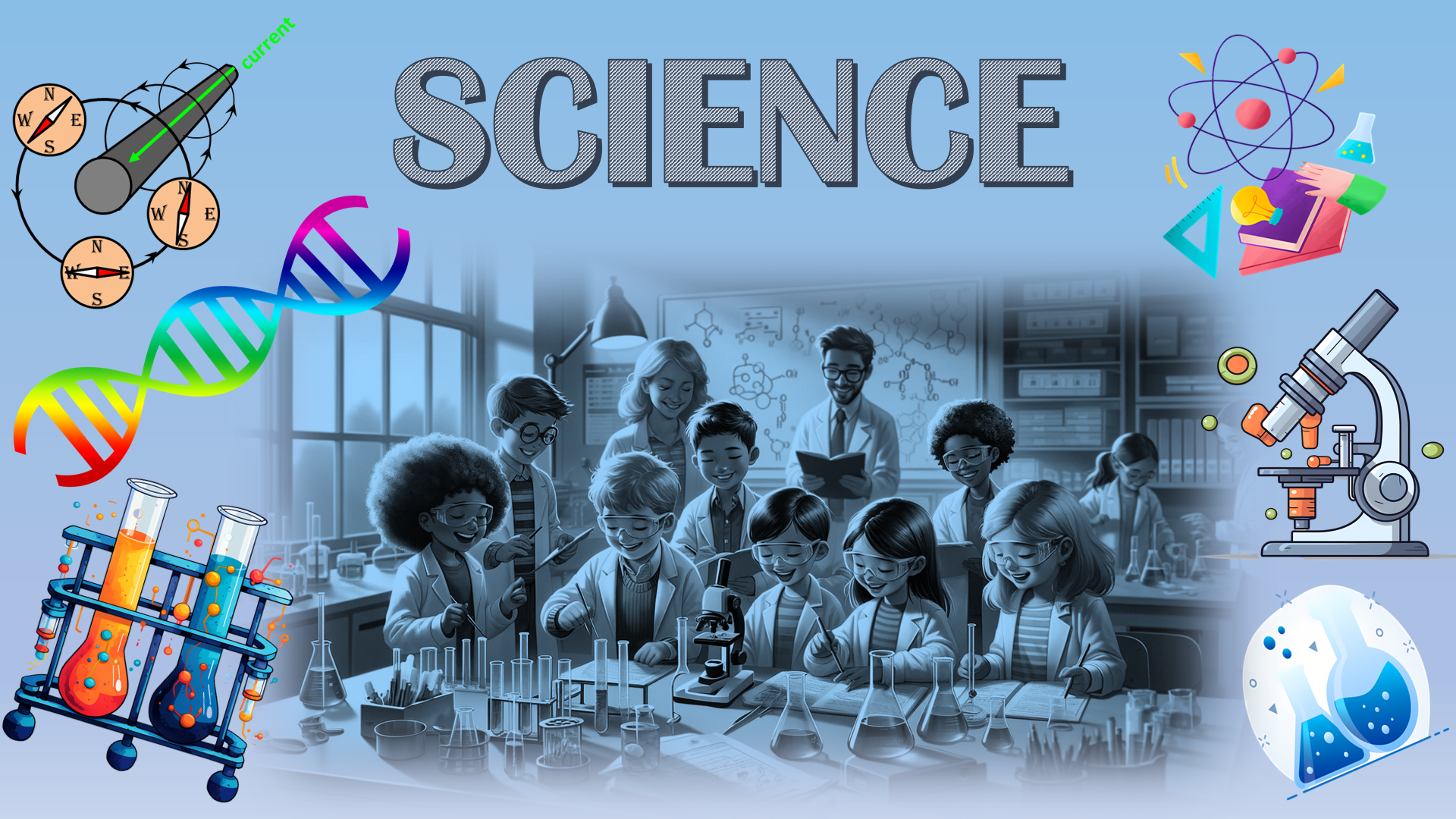
Physics, Chemistry, Biology and Geography.
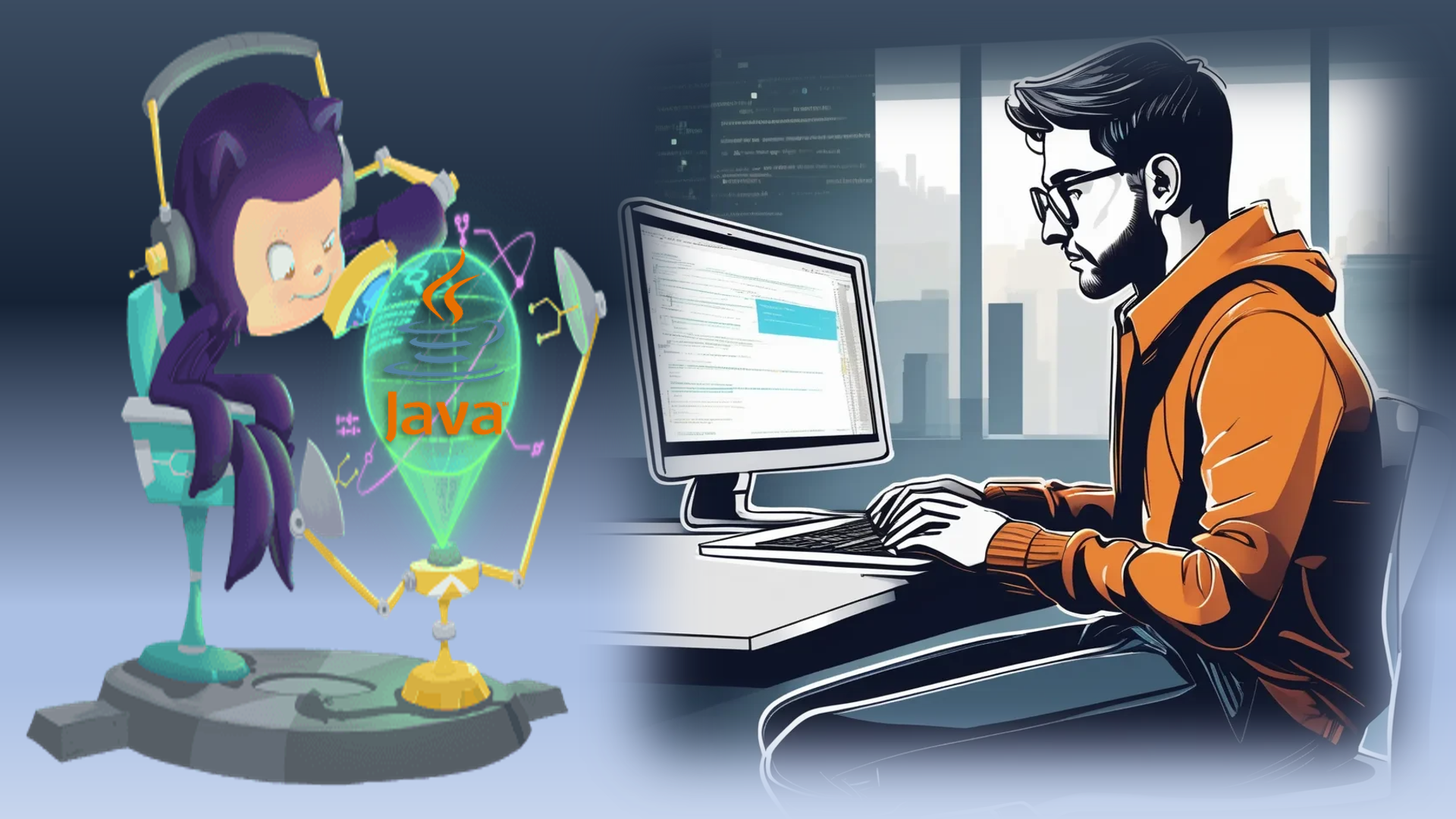
Computer Programming, languages & their frameworks.

Economics, Accounts and Management.

Reviewing old and new books.
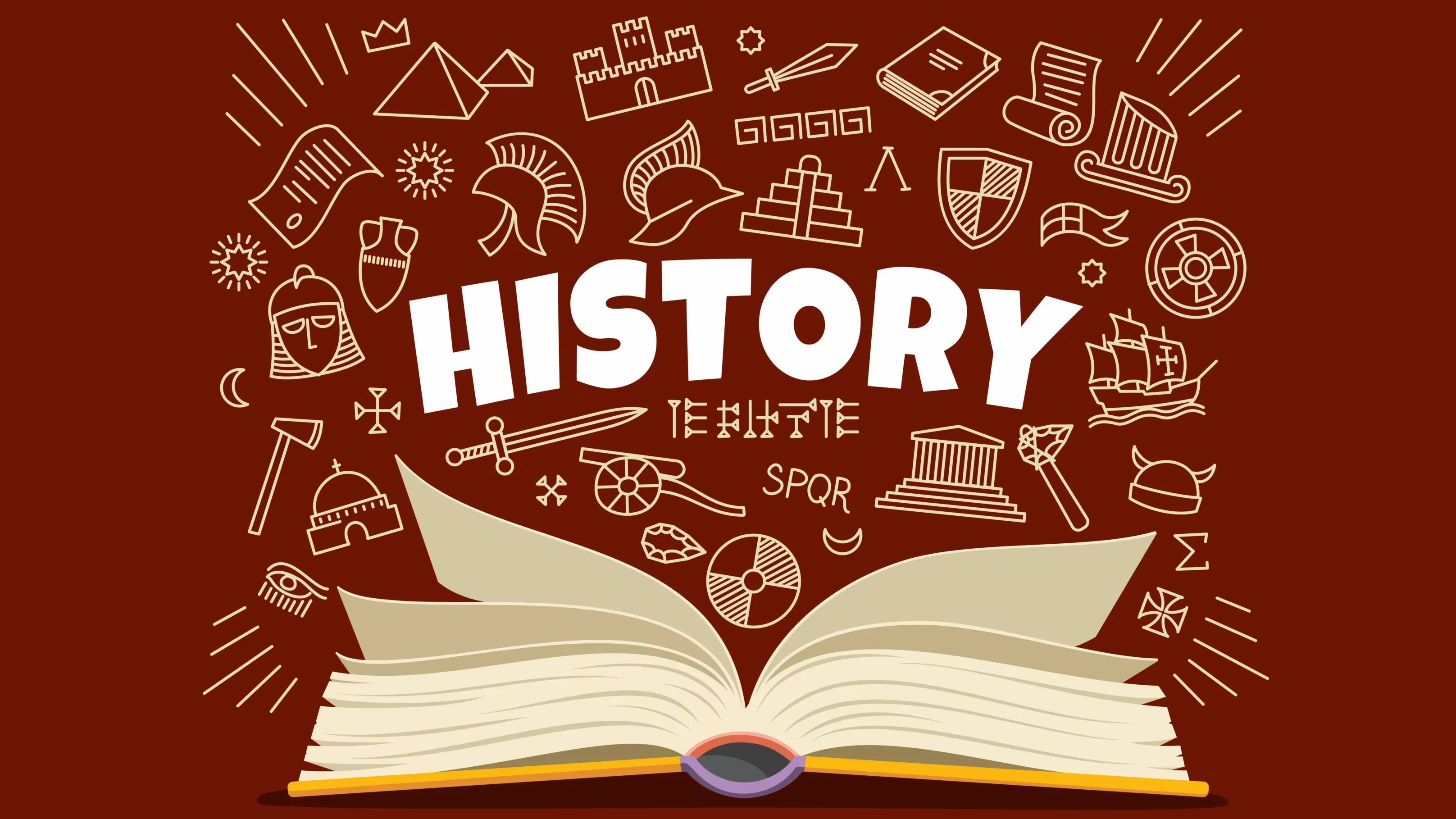
Ancient, Medieval, Modern, World History.

Indian Constitution, Politics, Policies, etc.

Everything related to International Affairs.
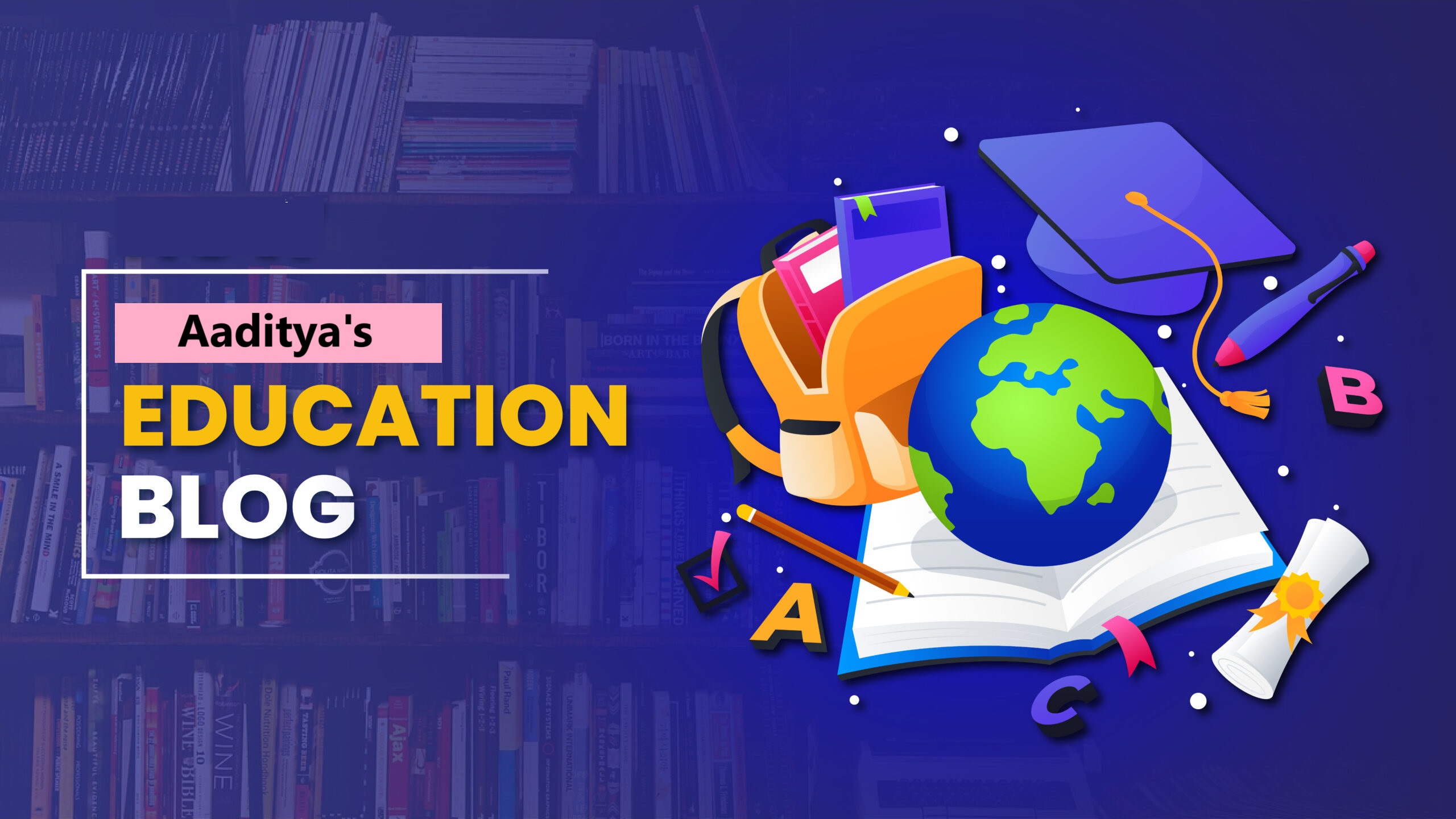
For all humanities topics, except History & Polity.

Anything related to entertainment industry.

Mainly Cricket but other sports too.
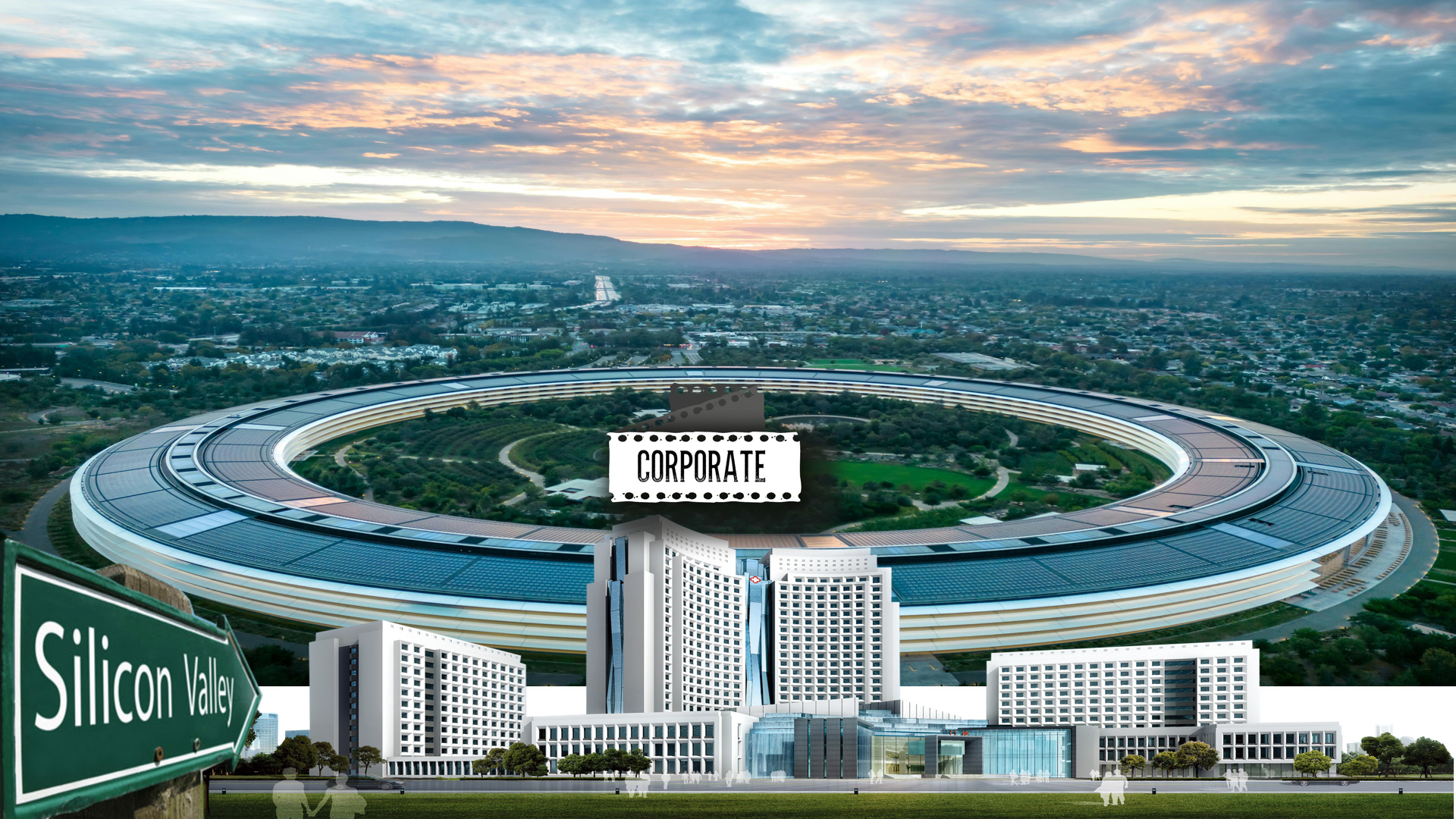
CS, IT, Services & Corporate Sector.
Comments
No comments yet. Be the first to comment!
Leave a Comment